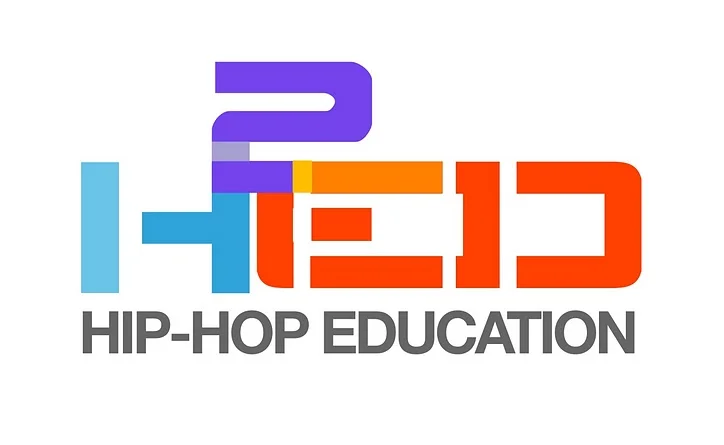Projects
Lorem ipsum dolor sit amet, consectetur adipiscing elit.
How does social change happen when people cannot see each other? In any situation where groups of people come to act or think in similar and coordinated ways, information is being shared and disseminated.
In this project, Digital Urbanism Reshaping Social Connectivity: Intensive Technology in the Lives of Chinese Migrant Families and Youth, I analyze how newly urbanized Chinese migrant families and youth interact with urban digital architectures such as cellular to internet to manage social connections.
I received a National Science Foundation (NSF) Grant to be a visiting scholar at the China Internet Network Information Center (CNNIC) during the summer of 2009. CNNIC is overseen my the Ministry of Industry and Information Technology (MIIT) and Chinese Academy of Science (CAS).
I started conducting ethnography in Bicuhini, Oaxaca, in 2007. After the first visit I became fascinated by how the caseta telefonica, the only landline into the village, played a central role in how families communicated with their loved one in the US.
Undocumented immigrant detainees in federal detention centers are experiencing great difficulties in reaching their family or relatives in their home country. As cellphone ownership in less evenly developed countries becomes more ubiquitous, many people are only reachable via their cellphones.
I co-founded H2Ed (Hip-Hop Education), the first national organization to advocate for the use of hip-hop as an pedagogical tool.
One of the fun things that I get to do while working at Nokia Research is play Farmville! Apparently Farmville has more players than twitter users - that is craaazy! And now you can buy crops that are sponsored by advertisers!
In 2008, I teamed up with Barbara Cervone from U.S. based-nonprofit What Kids Can Do, Inc. and Adobe Youth Voices to create Beijing Youth Voices, a blog created by six students in Beijing, China.
The Queens Museum of Arts started an initiative called Leadership Through the Arts Program. I joined the program's Advisory Committee in 2004.
I sat on APICHA's Adult Committee for their YMSM (Young Men Having Sex with Men) project. We advised youth outreach organizers on how to implement outreach projects to create visibility around issues facing the young men in the Asian Pacific Islander (API) community.
In the early 2000's, I used to make documentaries. I am most proudest of the one I made on legendary gay activist, Nicole-Murray Ramirez. Nicole has been a central figure in the gay rights community since the 1970's.











Emerging information technologies such as the Internet challenge us to think about whether access to the technology should be a privilege or a right. In recognition of the emergent social demand for broadband access, this paper urges a reconsideration of Internet access as a social right.